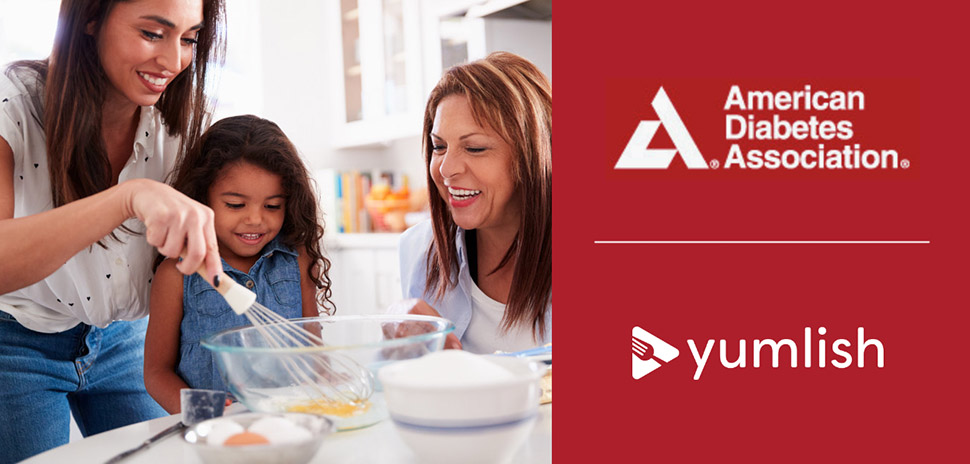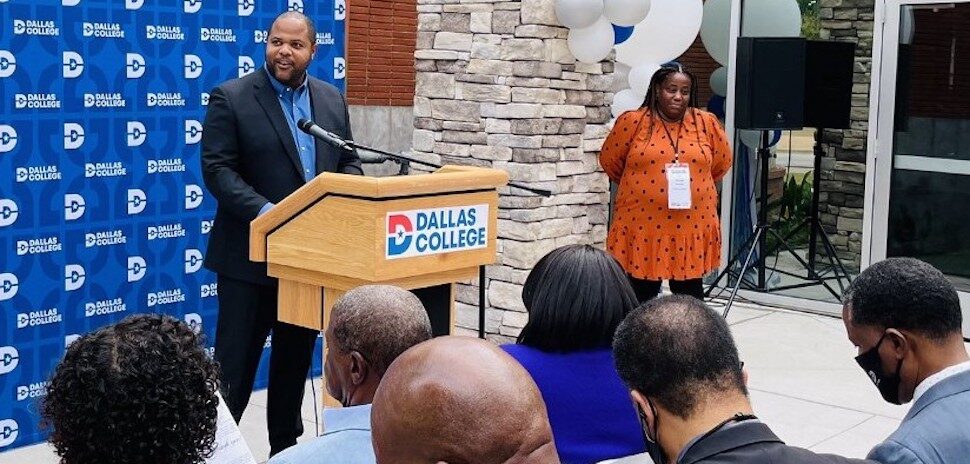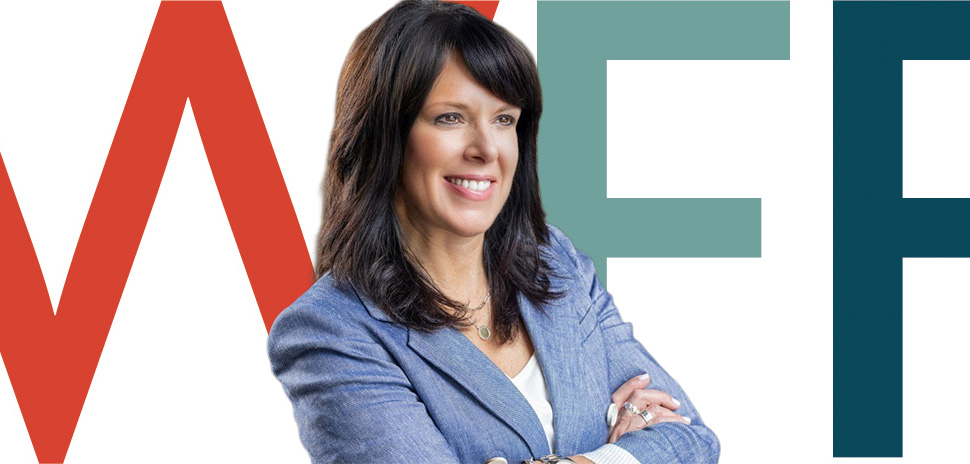Following a recent launch, Yumlish has found opportunity for growth via a new partnership with the American Diabetes Association (ADA). The deal will add the local startup to seven already existent “delivery sites” of the National Diabetes Prevention Program (DPP) lifestyle change program.
The National DPP, led by the Center for Disease Control and Prevention (CDC), brings together public and private organizations in an effort to address increasing Type 2 diabetes in the United States.
The problem with diabetes that the partnership aims to tackle is large, growing, and complicated: minorities are at the highest risk, and are often left without access to quality healthcare and education.
One third of American adults have diabetes or prediabetes, according to the ADA. And Hispanic and Latino populations are more than 50 percent more likely to have diabetes than non-Hispanic white people.
“Research shows that CDC-recognized lifestyle change programs can help people cut their risk of developing Type 2 diabetes by more than half, proving that preventing or delaying the onset of Type 2 diabetes is possible,” Dr. Robert Gabbay, chief scientific and medical officer for the ADA, said in a statement.
Some 34 percent of the participants of National DPP’s year-long program experience a lowered rate of Type 2 Diabetes ten years after having completed the program, increasing the quality of life of those people.
But while 90 percent of Type 2 diabetes is preventable with lifestyle and dietary changes, 85 percent of the 88 million Americans with prediabetes don’t actually know they have it, according to Yumlish.
This is where Yumlish comes in, reaching groups who were once considered unreachable.
Yumlish was founded by Shireen Abdullah, now CEO, in Dallas in 2018. Following her victory at Health Wildcatters’ one year later in 2019 at the Texas Healthcare Challenge, Abdullah was able to receive guidance from mentors and judges to help grow the startup. She and her team offer culturally competent nutritional therapy focused on minorities with the intent to generate positive health outcomes for people with diabetes and prediabetes.
The program is unique in that it addresses socioeconomic barriers to dietary adherence, and uses AI technology to help provide individualized support.
More specifically, Yumlish offers three major services: individualized advice from culturally competent professionals, resources for members with lifestyles that make health prioritization difficult, and a community of people who can share in each other’s successes and challenges.
“Years ago, I was diagnosed with a chronic condition,” said Abdullah. “For me, especially as a person of color who grew up eating ethnic foods, it seemed like when it came to nutrition, everyone around me had an opinion.”
Contradictory advice and the demonization of ethnic food frames chronic conditions like diabetes as innate to people’s heritage, a narrative that Abdullah knew was hurting minority populations.
“Going on this path, we do a lot of work largely right now with the Hispanic population,” she said. “We really work with them to help them understand what their diabetes means, that they don’t have to give up rice, they don’t have to give up tortillas and the other foods they love that they grew up on.”
Instead, Yumlish focuses on the small changes that create a sustainable lifestyle.
Abdullah and her team modified the standardized curriculum for diabetes prevention and management to be relevant to Latinos, changing it linguistically and culturally. “One of the misconceptions in this community is that insulin causes blindness,” said Abdullah. With insulin being a major part of diabetes management, Yumlish’ program includes a curriculum on why that misconception exists, how it has propagated, what the science behind insulin is, and how it can help people with diabetes.
Being culturally competent also means making the technology accessible to communities who do not have experience with it, and who have often been made to feel distrustful of large corporations and apps on their phone. That is why Yumlish uses a website rather than an app, and sends its members their nutrition plan via text message for easy access.
To initially fund Yumlish, Abdullah said she went to family, friends, and more generally “begging,” trying to convince people of her vision for the company. From there, she got funding through a group in California, is now getting funding through the ADA, and will continue to fundraise by working with angel investors in Texas.
Since founding Yumlish, Abdullah has been working to get her programs approved by the CDC and the ADA. Now, with both of those organizations’ approval, and as the first National DPP site in the Dallas-Fort Worth area, Yumlish is looking forward to growing its impact in local school districts, providing education to teachers and staff.
For participants to get involved, they take a quiz. If they qualify, they sign up on a referral site and are contacted by a registered dietician from there. But now, as a result of this new partnership, Yumlish is increasing its scale and avenues of work.
“We had someone who recently went through the program, she actually cooks with her grandson now, and she teaches him what she’s learning in class,” Abdullah shared. “Talk about sort of the ripple effect, right? I’ve got goosebumps on my arm.”
![]()
Get on the list.
Dallas Innovates, every day.
Sign up to keep your eye on what’s new and next in Dallas-Fort Worth, every day.




























